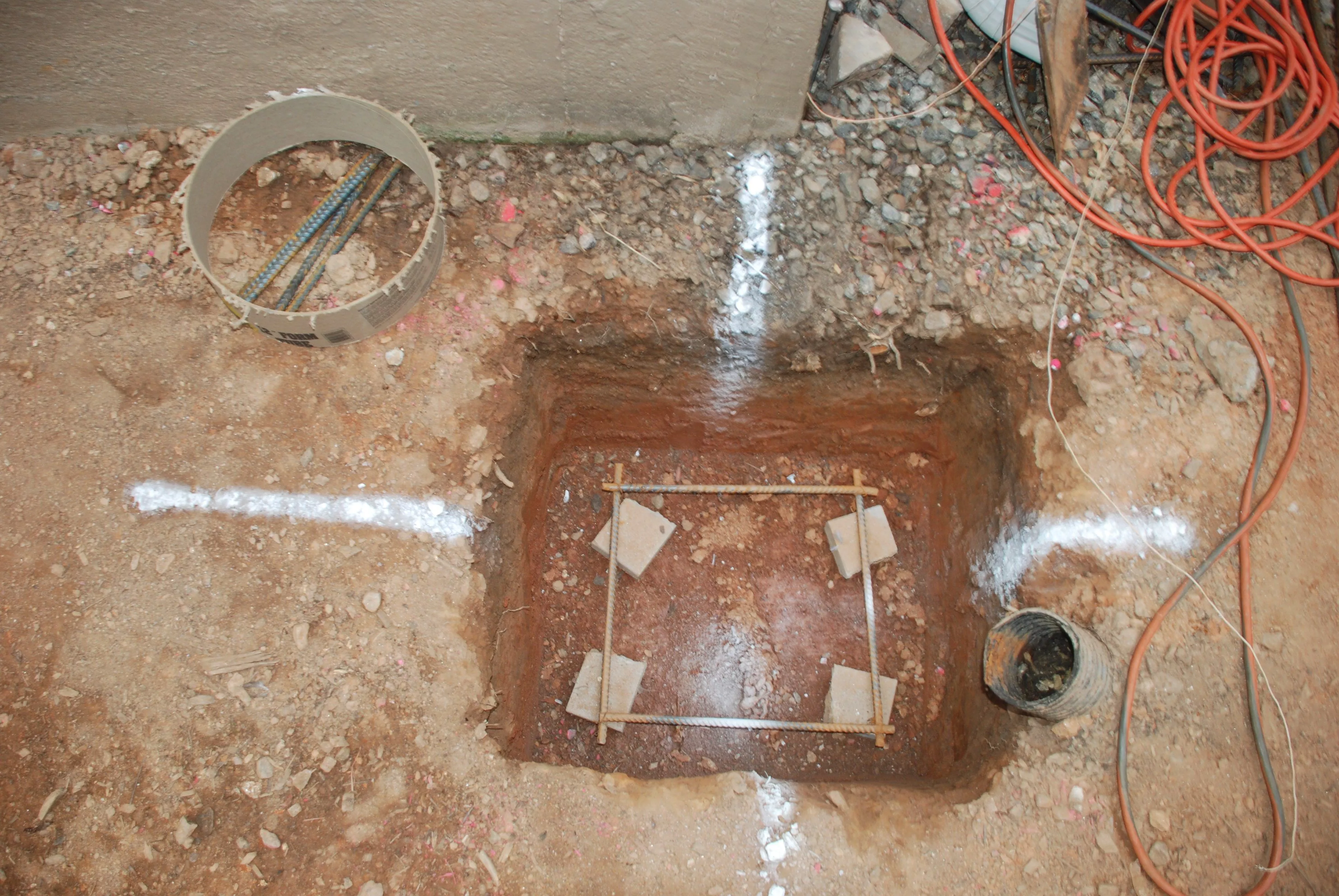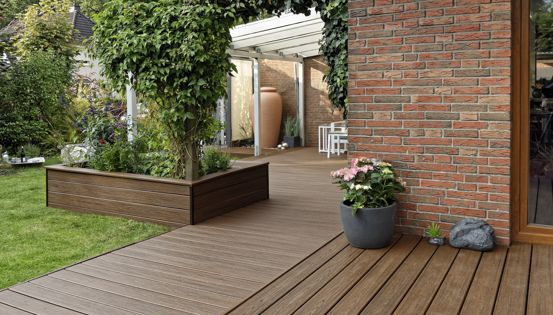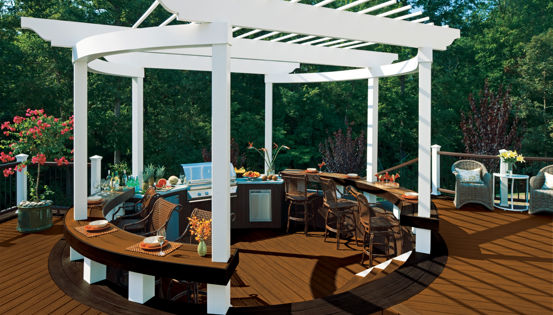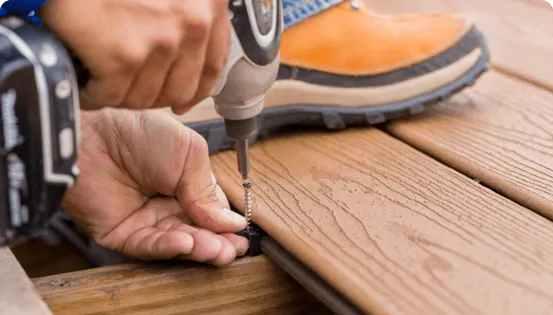Before you can calculate the size of your footings, you will need to know what kind of soil is present in your yard. Most soils can be classified into three categories: gravel, sand and clay.
Gravel: This type is primarily composed of small stone pebbles that you can see easily with the naked eye. Gravel feels rocky. You cannot roll this soil into a ball. Gravel will drain water very easily and can support the greatest amount of load (3000 lbs/sq ft).
Sand: Sand is composed of tiny particles that are difficult to see with the naked eye. Most sand is tan or white in color. Sand has a rough gritty texture. If you try to roll sand into a ball, it will not hold its shape. If you add water to sand, it will run through very quickly. Sand can support a load of 2000 lbs/sq ft.
Clay: You cannot see clay particles without a strong magnification. Clay feels sticky and can easily be rolled into a ball. It doesn’t drain water very easily. Clay can be many different colors depending on what other minerals it is mixed with. It is the weakest common soil type supporting a load of 1500 lbs/sq ft.
If you are unsure what soil type you will be working with, always use the worst case scenario, which is clay, to make your calculations.







